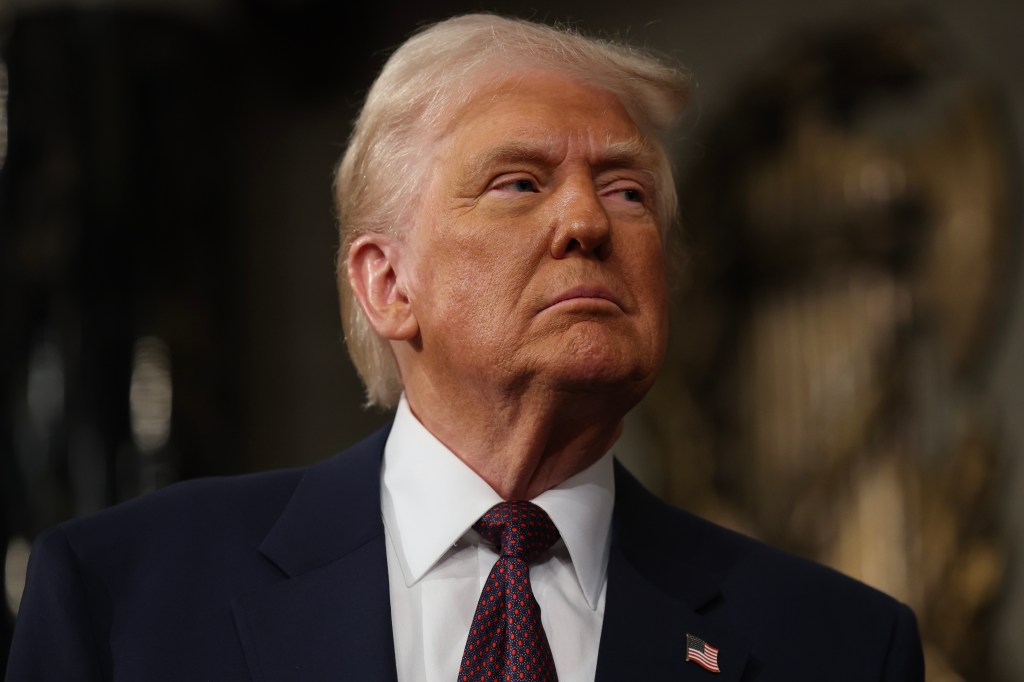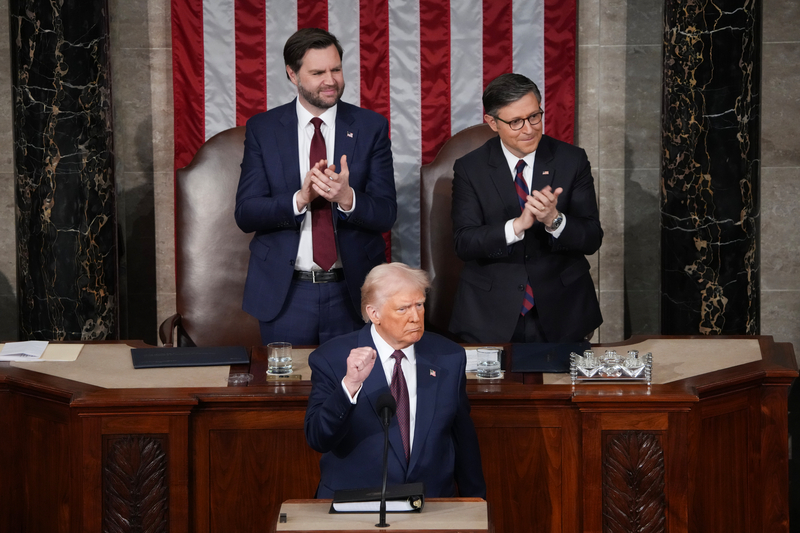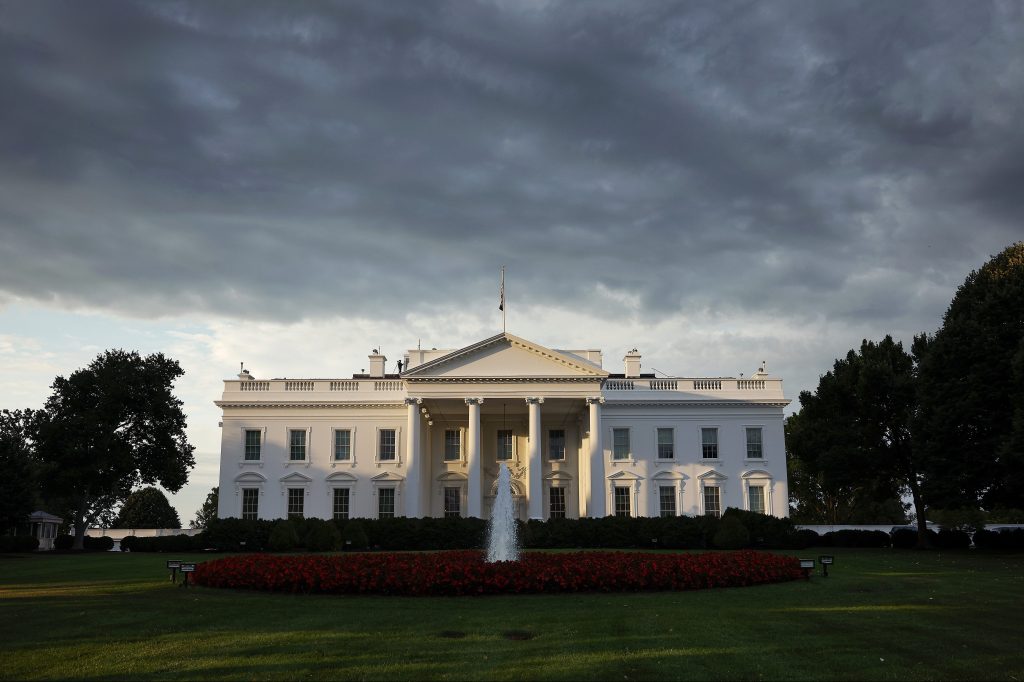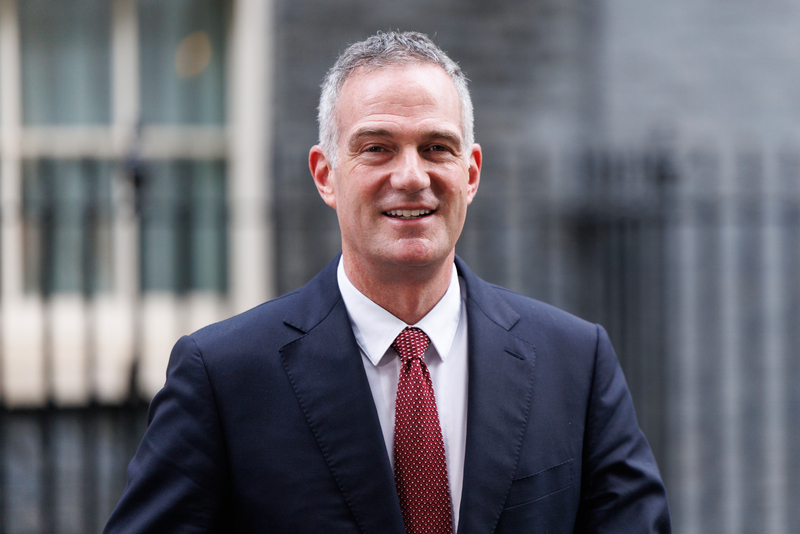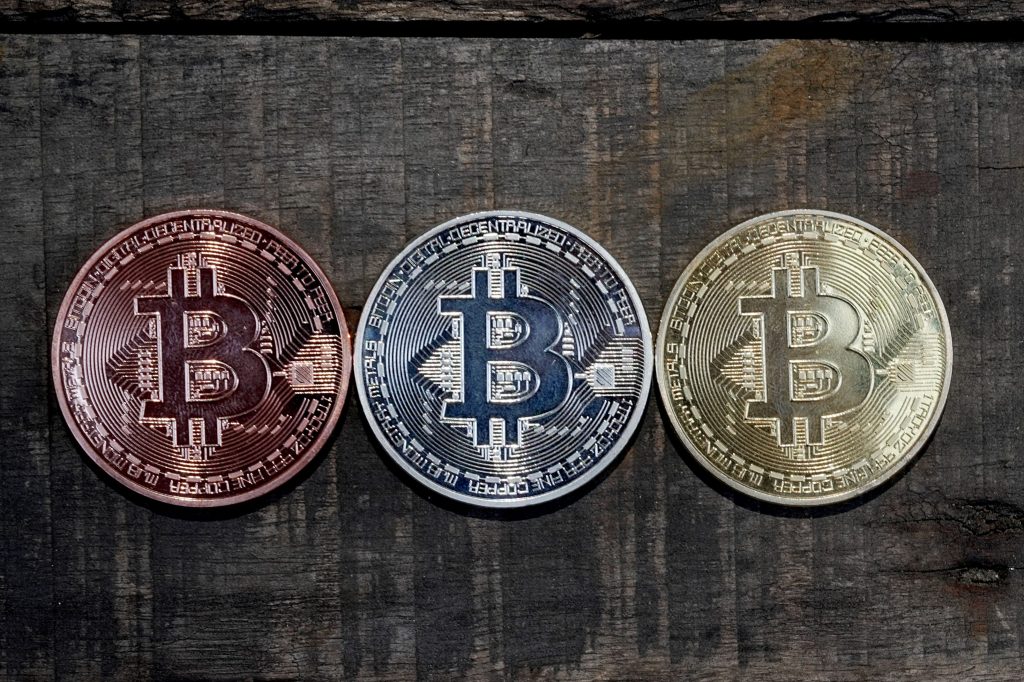The Commodity Futures Trading Commission’s (CFTC’s) Whistleblower Office in the Division of Enforcement issued an alert on Tuesday notifying the public on how to identify and report potential Commodity Exchange Act (CEA) violations connected to fraud or manipulation in the carbon markets.
Voluntary carbon markets, among other measures, can support the transition to a low-carbon economy through market-based initiatives in which high-quality carbon credits, also known as carbon offsets, are purchased and sold bilaterally or on spot exchanges. As with any market, there exists the potential for fraud and manipulation with the carbon credit marketplace.
Potential fraud in the carbon markets could include manipulative and wash trading, “ghost” credits, double counting, fraudulent statements relating to material terms of the carbon credits, and potential manipulation of tokenized carbon markets.
Although many companies are working to eliminate emissions entirely, carbon offsets are a critical tool in fighting climate change.
Individuals who submit information helping identify such fraud through the CFTC’s Whistleblower Program could be eligible for certain confidentiality and anti-retaliation protections, as well as monetary awards if that information leads to the success of a CFTC enforcement action, the alert said.
“Information from whistleblowers advances the Commission’s enforcement mission and, in turn, further builds integrity and trust in the carbon markets by rooting out fraud and manipulation,” said CFTC Chairman Rostin Behnam.
Carbon credit market
The voluntary carbon credit market is currently estimated to be worth $2bn, and it is forecasted to grow to $250bn by the year 2050, according to the Morgan Stanley Research paper Carbon Offset Market Trends and Growth 2050 (Carbon Offset Report).
Carbon credits are the underlying commodity for futures contracts that are listed on CFTC designated contract markets (DCMs).
The CFTC has enforcement authority and regulatory oversight over DCMs and any trading in those markets. The CFTC also has anti-fraud and anti-manipulation enforcement authority over the related spot markets for carbon credits, and over any carbon allowances and other environmental commodities products that are linked to futures contracts.
Although many companies are working to eliminate emissions entirely, carbon offsets remain a critical tool in fighting climate change.
Voluntary carbon offsets are helping companies and countries meet ambitious climate targets. By purchasing “credits” from projects that remove or reduce carbon output, the private and public sectors hope to mitigate the impact of their emissions in the short term as they work toward eliminating their carbon emissions, the Carbon Offset Report states.
The report also notes that to reach the sustainability goals in the 2015 Paris Climate Accords and various national and company-level targets, the world must remove at least 1 gigaton of carbon dioxide per year by 2030. This conclusion is based on Morgan Stanley Research’s analysis of data from Network for Greening the Financial System, but the actual opportunity for avoidance or reduction credits could be up to 10 gigatons per year, the report authors state.
Individuals who submit tips through the whistleblower program may be eligible for certain confidentiality and anti-retaliation protections and receive between 10% and 30% of the monetary sanctions collected.
Each carbon offset represents one metric ton of carbon dioxide atmospheric emissions that are removed, reduced, or altogether avoided.
As the Carbon Offset Report explains, projects that focus on avoiding or reducing atmospheric emissions of carbon dioxide account for 82% of the offsets market. Buyers of this type of offset get credit for preventing future emissions by doing such things as protecting forests or opting for renewable energy over fossil fuels.
By contrast, removal credits ameliorate the impacts of past emissions and account for only 5% of the market right now. Those removal credits are based on projects that directly remove carbon dioxide from the atmosphere, such as tree-planting to sequester carbon or technology-based techniques for capturing carbon directly from fossil-fuel run power stations.
Whistleblower tips
The CFTC’s Whistleblower Program was created under the Dodd-Frank Wall Street Reform and Consumer protection Act of 2010. Individuals who submit information through the CFTC’s Whistleblower Program may be eligible for certain confidentiality and anti-retaliation protections, as well as monetary awards if that information leads to the success of a CFTC enforcement action. Whistleblowers are eligible to receive between 10% and 30% of the monetary sanctions collected as a consequence of such an action.
Since issuing its first award in 2014, the CFTC has awarded whistleblowers approximately $330m for their assistance in bringing enforcement actions that resulted in monetary sanctions totaling more than $3b. The CFTC issues awards related to the agency’s own enforcement actions, but also some actions brought by other domestic or foreign regulators, if certain conditions are met.

